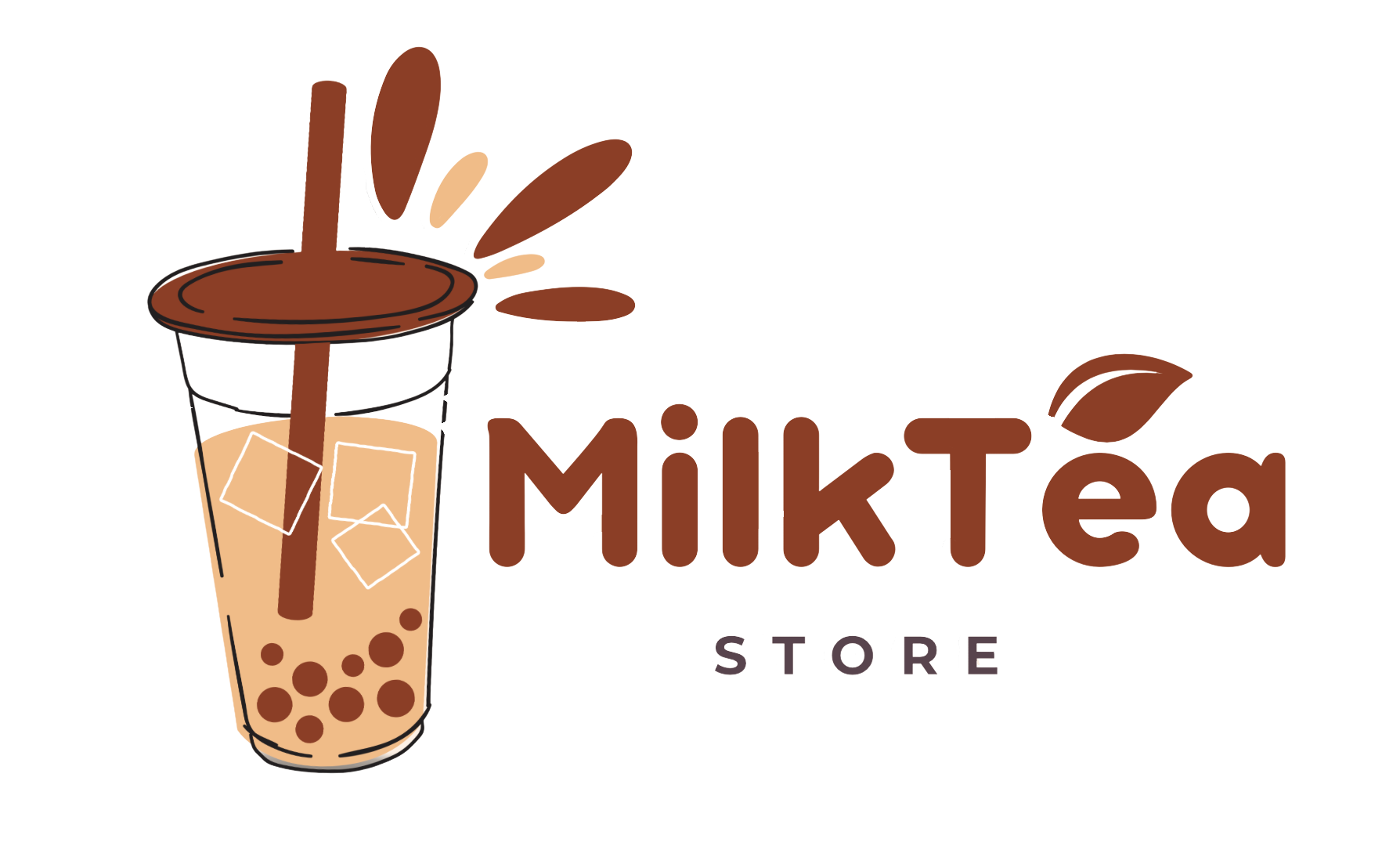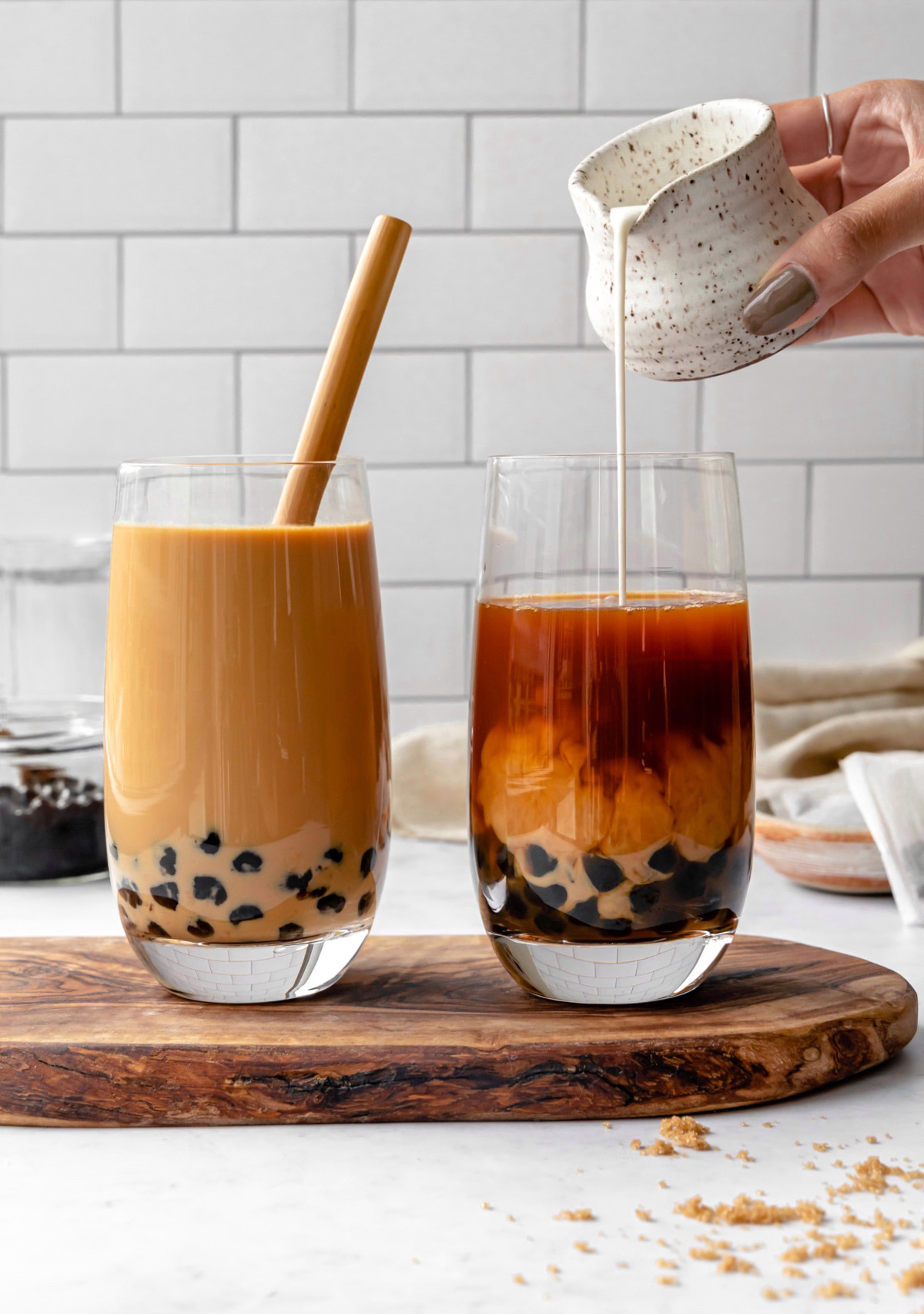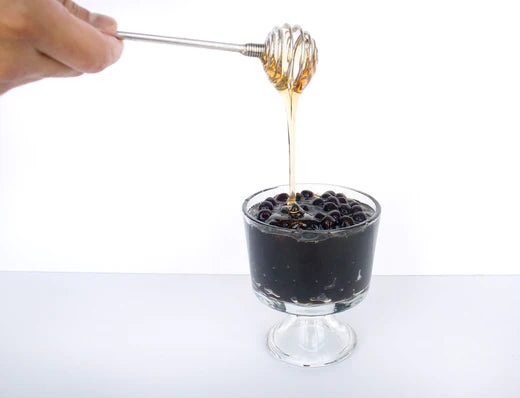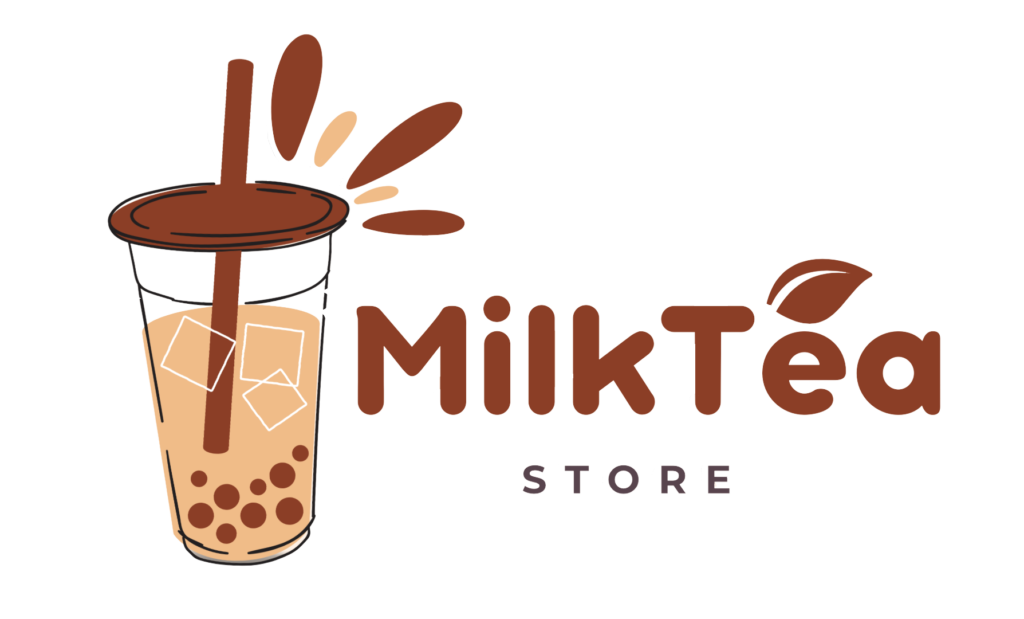Choosing the best sweetener for milk tea involves considering factors like flavor profile, texture, and desired sweetness level, with options ranging from traditional cane sugar for a classic taste to alternatives like honey, agave syrup, or condensed milk for added depth and richness, ensuring a customized and satisfying beverage.
The Great Debate: Sugar, Honey, or Agave – Which One Will You Choose for Your Milk Tea?
The milk tea craze has taken the world by storm, with people lining up for hours to get their hands on a cup of this delicious and refreshing beverage. One of the key components that make milk tea so irresistible is its sweet taste.
However, with the growing concern over the health effects of consuming too much sugar, many people are looking for alternative sweeteners to use in their milk tea. In this article, we will explore the different sweeteners commonly used in milk tea, their nutritional value, and their impact on our health.
The Milk Tea Craze: A Sweet Dilemma
Milk tea has become a global phenomenon, with its origins in Taiwan and now popularized in countries all over the world. The combination of tea, milk, and a sweetener creates a unique and addictive flavor that keeps people coming back for more.
However, the dilemma lies in choosing the right sweetener to use in milk tea. With so many options available, it can be overwhelming to decide which one is the best choice.
Sugar vs. Honey vs. Agave: Which One is Healthier?
When it comes to choosing a sweetener for milk tea, there are three main options: sugar, honey, and agave. Each of these sweeteners has its own nutritional profile and health benefits.
Sugar is the most commonly used sweetener and is derived from sugar cane or sugar beets.
Honey is a natural sweetener produced by bees from the nectar of flowers. Agave syrup is made from the sap of the agave plant.
| Feature | Sugar (Granulated White) | Honey | Agave Nectar |
|---|---|---|---|
| Type | Refined carbohydrate | Natural sweetener, unrefined | Natural sweetener, highly processed |
| Calories per Tbsp | 48 | 64 | 60 |
| Glycemic Index (GI) | 65 (High) | 58 (Medium) | 15 (Low) |
| Fructose Content | 50% | 40% | 80-90% |
| Nutrients | None | Small amounts of vitamins, minerals, and antioxidants | Small amounts of vitamins and minerals |
Sugar: The Classic Sweetener for Milk Tea
Sugar has been used as a sweetener in milk tea for centuries. It adds sweetness and enhances the flavor of the tea without overpowering it.
Types of Sugar
- White Sugar: The most common, versatile option for milk teas.
- Brown Sugar: Offers a caramel-like flavor and can be used to make specific types of milk tea (like brown sugar milk tea).
- Simple Syrup: Pre-dissolved sugar creates easy sweetness and a smooth texture.
- Rock Sugar: A less common, chunkier sugar that dissolves slowly for a gradual sweetness.
How it’s Used
- Sweetening the Tea Base: Sugar can be added to the black or oolong tea as it brews.
- Flavoring Milk Teas: Sugar is blended with the milk portion of a milk tea.
- Creating Bubbles: In boba or bubble tea, sugar is used to cook the tapioca pearls to give them their signature sweetness and chewy texture.
However, sugar has been linked to various health issues such as obesity, diabetes, and tooth decay when consumed in excess. It is important to use sugar in moderation and be mindful of the amount added to milk tea.
Honey: The Natural Sweetener with a Unique Flavor
Honey is a popular alternative to sugar in milk tea due to its natural sweetness and unique flavor. It contains trace amounts of vitamins, minerals, and antioxidants, making it a healthier choice compared to refined sugar.
The Delicate Sweetness of Honey
- Flavor Variety: The floral notes of honey can complement and enhance the flavors of different teas in milk tea. Popular pairings include lavender, clover, or wildflower honey.
- Naturally Sweet: Honey’s sweetness comes from a combination of fructose and glucose, giving it a distinct flavor and sweetness level.
- Subtle Complexity: Honey’s depth goes beyond sweetness, potentially offering hints of spice, fruit, or floral notes depending on its type.
Using Honey in Milk Tea
- Temperature Matters: Avoid boiling honey to preserve its flavor and potential health benefits. Let the tea cool slightly before adding honey.
- Sweetness Adjustment: Since honey can be sweeter than sugar, start with less and gradually add more to achieve your desired sweetness.
- Honey Blends: Combine honey with other sweeteners like simple syrup or fruit flavors to create unique honey-based syrups for milk tea.
However, honey is still high in calories and should be consumed in moderation. It also has a distinct taste that may not appeal to everyone.
Agave: The Low-Glycemic Sweetener for Health-Conscious Tea Drinkers
Agave syrup is a sweetener that has gained popularity in recent years, especially among health-conscious individuals. It is derived from the agave plant and has a low glycemic index, meaning it does not cause a rapid spike in blood sugar levels.
Agave Nectar’s Key Characteristics
- Low Glycemic Index (GI): Agave has one of the lowest GIs of common sweeteners, meaning it causes a slower rise in blood sugar levels compared to sugar or honey.
- High Fructose Content: Agave primarily consists of fructose, metabolized differently by the body and potentially taxing the liver in large amounts.
- Sweeter Than Sugar: A smaller portion of agave can achieve similar sweetness levels to sugar.
- Mild, Neutral Flavor: Agave has a less assertive flavor profile than honey and adds sweetness without introducing strong additional flavors.
Using Agave in Milk Tea
- Moderation is Key: Even with a low GI, agave offers calories and its high fructose content requires careful portion control.
- Subtle Sweetness: It’s perfect for adding sweetness without overpowering the delicate flavors of green or floral teas
- Vegan-Friendly: Agave is a plant-based alternative to honey.
This makes it a suitable option for those with diabetes or those looking to manage their blood sugar levels. However, agave syrup is still high in fructose and should be used sparingly.
The Science Behind Sweeteners: How They Affect Your Body
When we consume sweeteners, they are metabolized by our bodies in different ways. Sugar is broken down into glucose and fructose, which are then absorbed into the bloodstream.
Honey is also broken down into glucose and fructose, but it contains additional enzymes and antioxidants that can have positive health effects. Agave syrup is primarily made up of fructose, which is metabolized differently than glucose.
The Debate on Artificial Sweeteners: Are They Safe for Milk Tea?
Artificial sweeteners such as aspartame, sucralose, and saccharin have been widely used as sugar substitutes in various food and beverages, including milk tea. However, there is ongoing debate about their safety and potential health risks.
Some studies have linked artificial sweeteners to weight gain, metabolic disorders, and even cancer. It is important to be cautious when using artificial sweeteners and to limit their consumption.
The Role of Sweeteners in Milk Tea: Enhancing Flavor and Texture
Sweeteners play a crucial role in milk tea by enhancing its flavor and texture. They add sweetness and balance out the bitterness of the tea, creating a harmonious taste.
The choice of sweetener can also affect the overall texture of the milk tea, with some sweeteners adding a thicker or stickier consistency.
It is important to find the right balance of sweetness and other flavors in milk tea to create a satisfying and enjoyable beverage.
The Pros and Cons of Using Different Sweeteners in Milk Tea
Each sweetener has its own set of advantages and disadvantages when used in milk tea. Sugar is readily available, affordable, and adds a classic sweetness to the beverage. However, it is high in calories and can have negative health effects when consumed in excess.
Honey is a natural sweetener with added health benefits, but it has a distinct flavor that may not appeal to everyone. Agave syrup is a low-glycemic sweetener that is suitable for those with diabetes, but it is still high in fructose and should be used sparingly.
How to Choose the Right Sweetener for Your Milk Tea: Tips and Tricks
When choosing a sweetener for milk tea, there are several factors to consider. Personal taste preferences, health goals, and dietary restrictions should all be taken into account. It may be helpful to experiment with different sweeteners to find the perfect balance of sweetness and flavor. It is also important to be mindful of the amount of sweetener added to milk tea and to use it in moderation.
The Sweet Choice is Yours!
In conclusion, the choice of sweetener for milk tea ultimately comes down to personal preference and health goals. Sugar, honey, and agave all have their own unique characteristics and nutritional profiles. It is important to be mindful of the amount of sweetener added to milk tea and to use it in moderation.
By experimenting with different sweeteners, you can find the perfect fit for your taste and health needs. So go ahead, indulge in a cup of sweet and creamy milk tea, and enjoy the best of both worlds!
Originally posted 2024-02-11 06:02:34.





